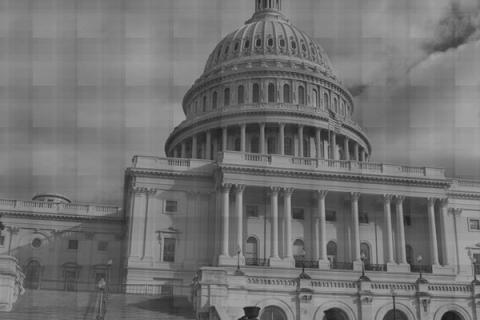1,300 miles of ancient, earthen levees protect and encircle the Sacramento Delta. Some say this leaves the area, and its crucial water supply vulnerable to an earthquake. Others opine that the levees are sturdy enough. That something seemingly as simple as agreement over the safety of levees can't be reached is a telling indication of how politically contentious the Delta is. It's been this way for decades too.
It's all about the water, and who will control it and where will it go. Delta residents and environmentalists have somewhat overlapping interests. They want most of the water to stay in the Delta so the wildlife, fish, and birds will be protected and the area remains a natural resource. In opposition to them, but hardly allies, are farming interests in the Central Valley and the Los Angeles / San Diego water-devouring monsters to the South. Everyone wants that water, and more than a few of the players are politically connected with major financial resources. Add to that a multiplicity of federal, state, and local agencies with regulatory power over the Delta and you get a rather complicated game indeed, and one which is played using brass knuckles. The politics of water in California has always been a barely disguised street fight.
What most everyone agrees on is that the levees, regardless of their safety now, are not adequate to handle the needs of the Delta going forward. An earthquake that ruptured levees would indeed be a catastrophe. Hundreds of thousands of people would have to evacuate, half a million acres of farmland would be threatened, and salt water from the San Francisco Bay would pour in, destroying the fresh water supply. Such an apocalyptic vision is certainly used by water interests to the South to build a peripheral canal (or tunnel) that would route water from rivers around the Delta and then, surprise, send it south to whichever special interest group can grab the most of it. If Prop 13 is the third rail of California politics, then the peripheral canal is the undead. It just keeps lurching forward despite repeated attempts to stop it. It could also cost upwards of $53 billion. But even those who think the levees are safe enough admit that if they failed, the results would be so devastating that pro-active measures need to be taken now.
A recent bill passed by the legislature created the Delta Stewardship Council, which is now the primary governing body for the Delta. They immediately commissioned a study which many believe will provide a rationale for building a peripheral canal. Some Delta landowners are so opposed to a canal they won't let state workers on their land to survey. Of course, a canal would introduce yet another set of players, the construction companies who will build it.
Somehow in all of this, the interests of the state as a whole are lost. Instead, we have multiple competing special interest groups, often backed by big money, who generally want their interests to predominate and aren't much concerned about the others or the general good.
If the levees fail in a substantial way, regardless of the reason (a beaver may have caused one small failure), then all the stakeholders will lose, as will California as a whole. In the current financial crisis, it's difficult to see where the tens of billions needed for a canal could come from. There are no easy answers here.

